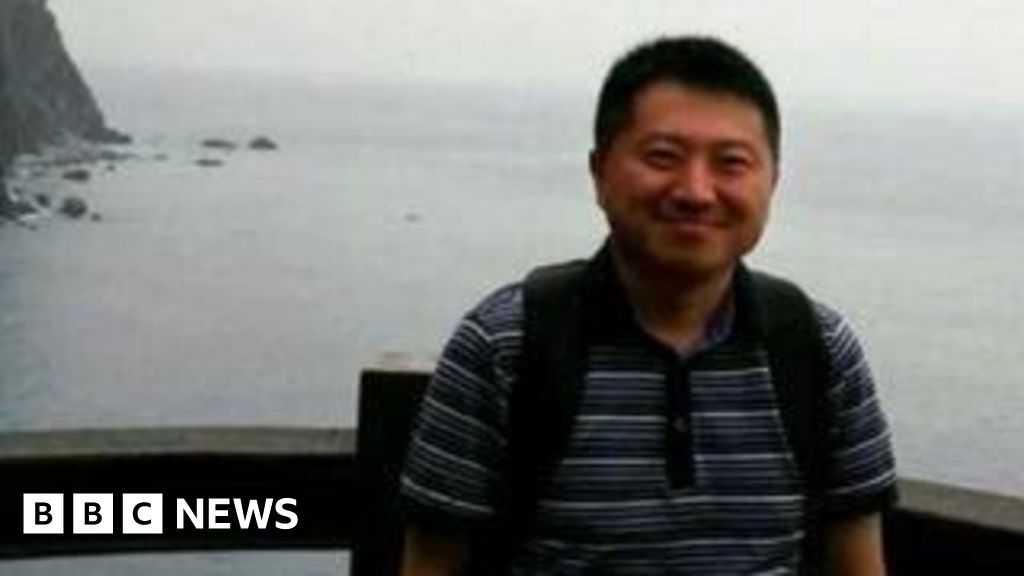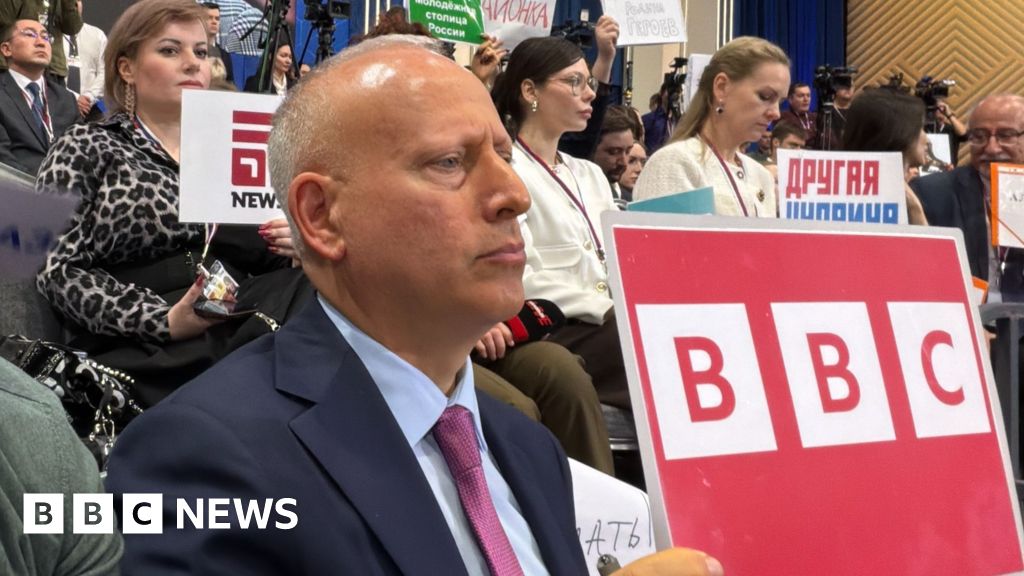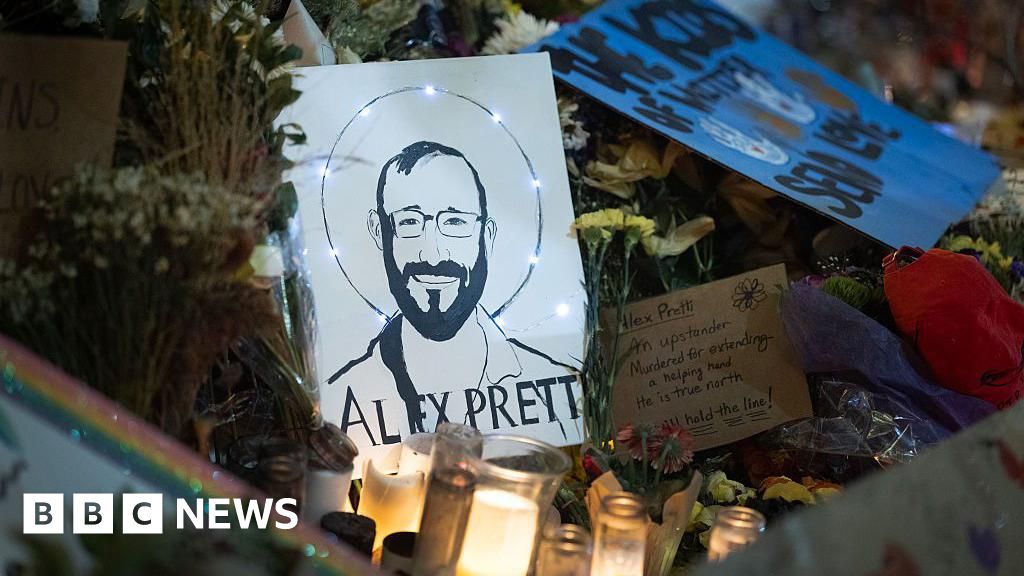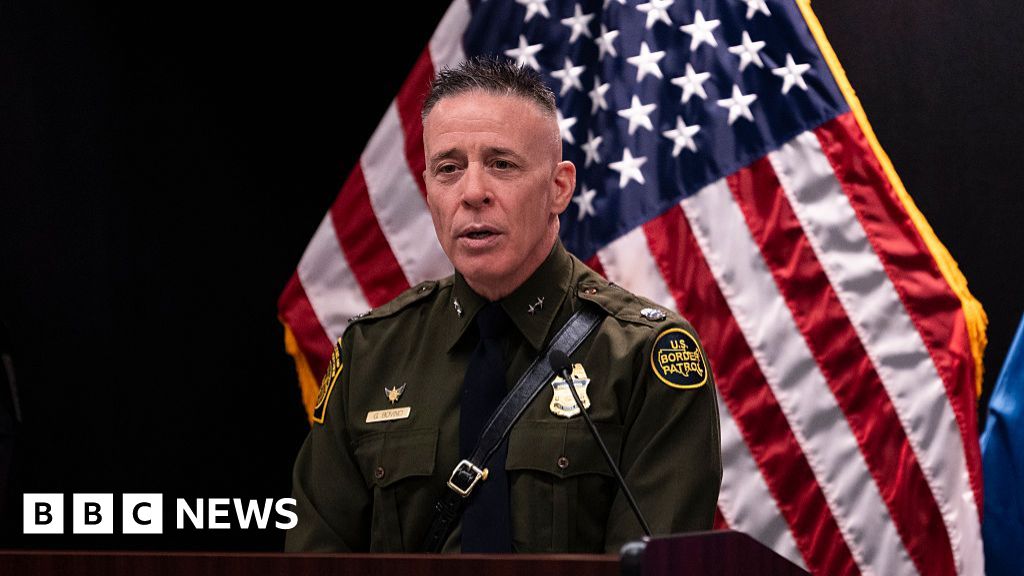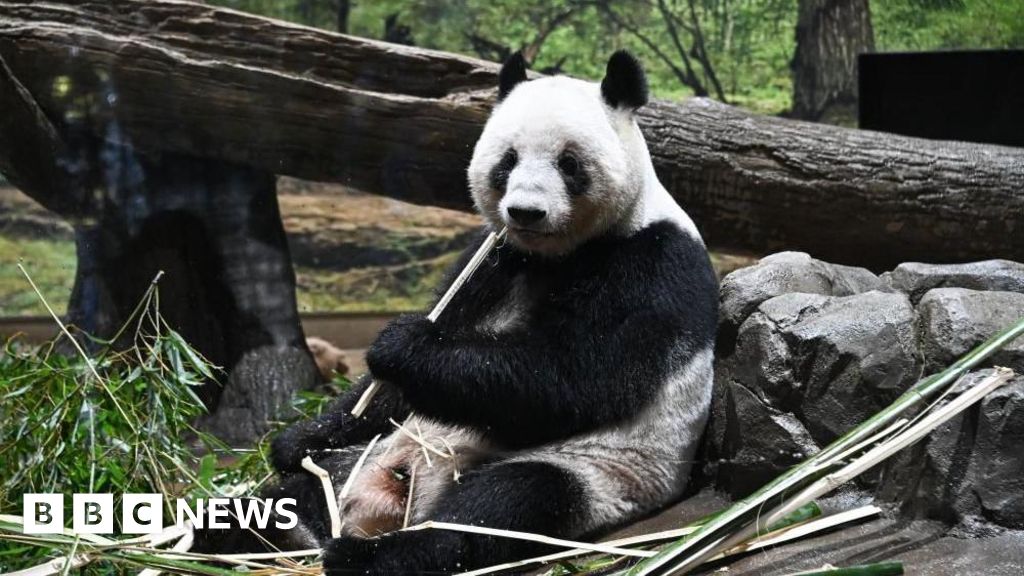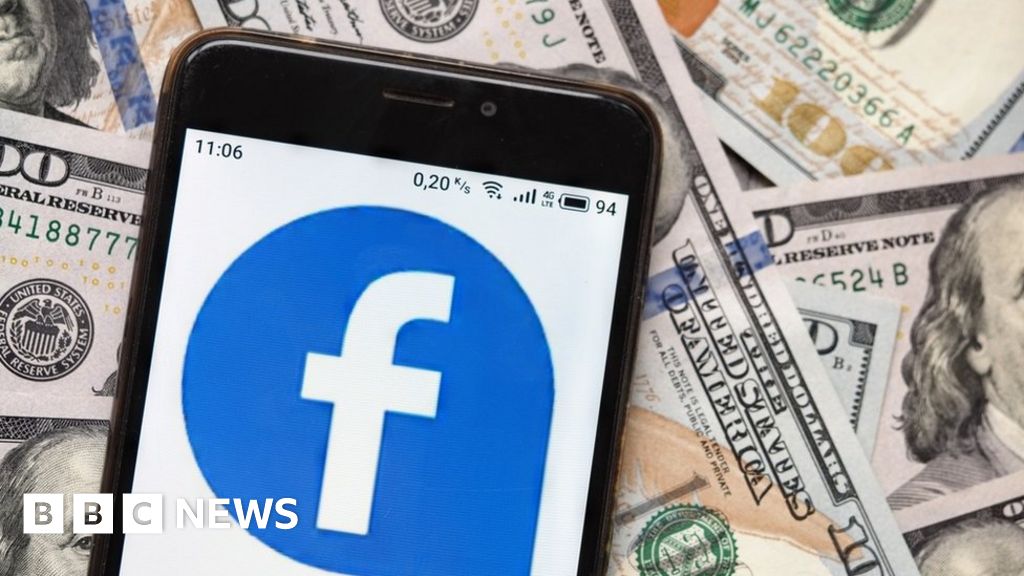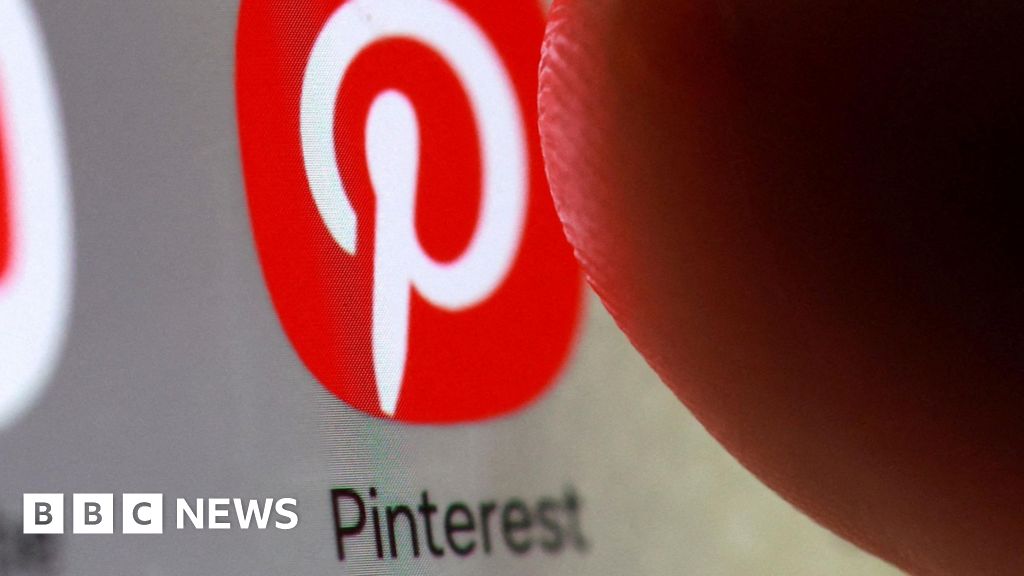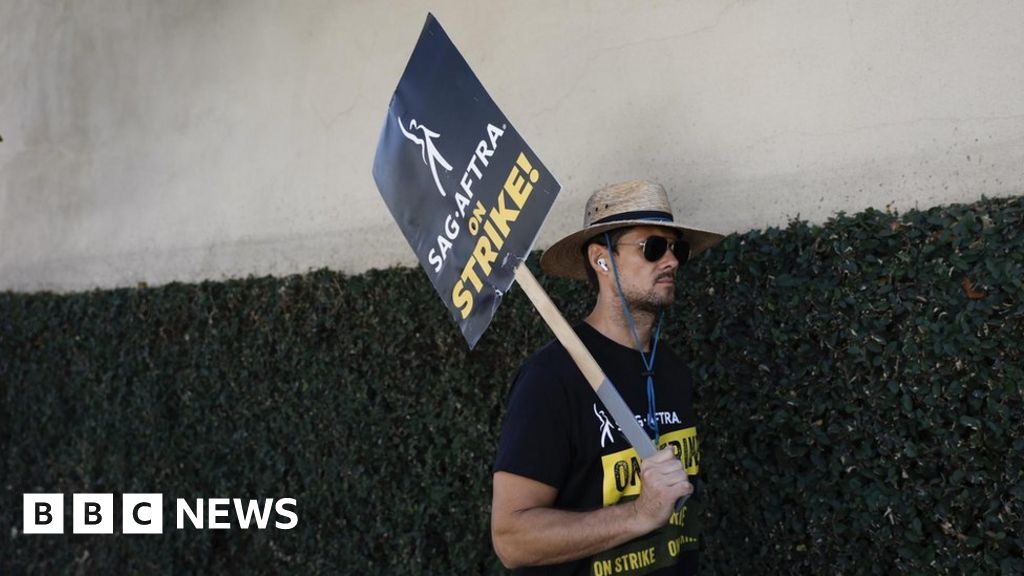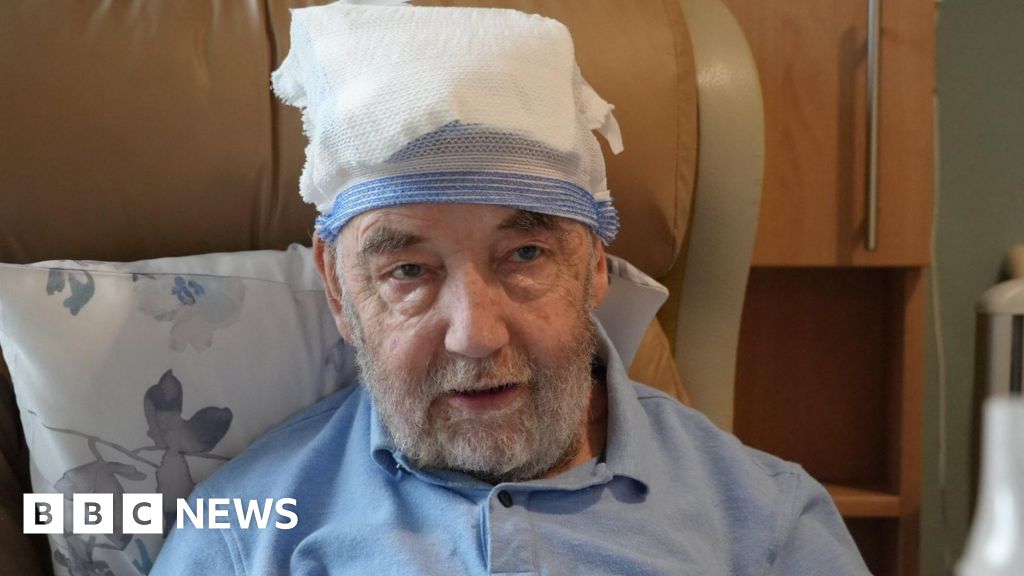image copyrightGetty Images
A Facebook engineer has quit the firm, saying they
“can no longer stomach” being part of an organisation “profiting off hate”.
Ashok Chandwaney is the latest employee to go public with concerns about how the company deals with hate speech.
The engineer added it was “choosing to be on the wrong side of history”.
Facebook responded by saying it had removed millions of hate-related posts. Another of its ex-engineers has also come to its defence.
The thrust of the post by Ashok Chandwaney – who uses “they” and “them” as personal pronouns – is that Facebook moves quickly to solve certain problems, but when it comes to dealing with hate speech, it is more interested in PR than implementing real change.
Their five and a half years tenure at the firm meant “learning about a bug in a meeting, and fixing it before the meeting is over”, they write.
“The contrast between that and our approach to hate on the platform is astonishing.
“To me being bold means seeing something that’s hard to do but, knowing it’s the right thing to do, rolling up my sleeves and diving in.”
White nationalism and the use of the platform by far-right militias were among the things they felt Facebook needed to do more on, as well as regulating other political content.
“Every day ‘the looting starts, the shooting starts’ stays up is a day that we choose to minimise regulatory risk at the expense of the safety of black, indigenous and people of colour.”
Free speech
Facebook’s refusal to remove that comment, posted by President Trump during the Black Lives Matter protests, was in contrast to Twitter, which labelled it as glorifying violence.
The stance led several employees to leave, with others staging walk-outs. And advertisers boycotted the platform for the month of July, over its attitude to hate speech.
Facebook responded to the engineer’s post, saying: “We don’t profit from hate. We invest billions of dollars each year to keep our community safe and are in deep partnership with outside experts to review and update our policies.
“This summer we launched an industry-leading policy to go after QAnon, grew our fact-checking program, and removed millions of posts tied to hate organisations, over 96% of which we found before anyone reported them to us.”
QAnon is a conspiracy theory that believes US President Trump is waging a secret war against a “deep state” network of paedophiles, some of whom are powerful government, business and media figures.
Some employees were willing to defend the social network.
Stepan Parunashvili – who worked as a software engineer at Facebook for four years up to 2019 but has since co-founded his own business – told the BBC that the social network needed time to think through the issues involved.
“Changing the definition of ‘hate’, even with very good intentions, is dangerous and riddled with tail risks,” he explained,
“In my opinion Facebook is aware of that, and is treating this very seriously.
“They are not ‘moving fast’ on changing the definition of free speech, and that is a great thing.”
Facebook employs thousands of engineers, and they are among the most highly-paid employees at the tech firm.
Regulators and policy-makers around the world are concerned about the growth of hate speech, not just on Facebook but on all social media platforms, with many countries launching enquiries into how the tech firms are dealing with the issue.
